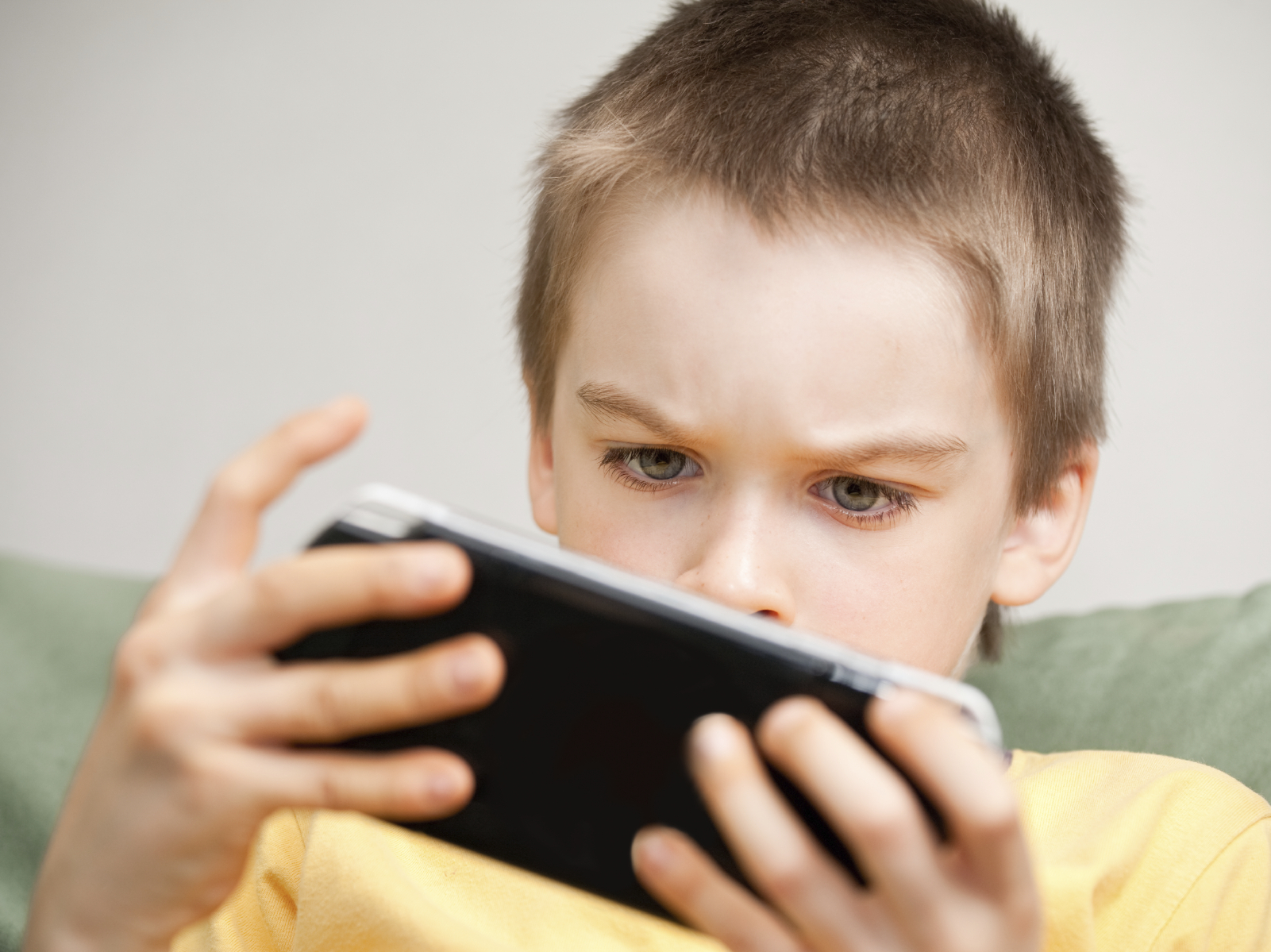
The study found that turning learning into a game helps stop the mind from wandering, allowing students to study better.
Professor Paul Howard-Jones, who conducted the research, said computer games have been “trivialised” in recent years, but that used properly, they can help to accelerate pupils’ learning.
The study saw 24 university students take part in three types of study session while having their brains scanned. In the first session, they were given conventional questions to look at, in the second there were multiple-choice quiz questions and the third was a computer-based game in which the students competed against each other to answer questions. In return points were paid out on an escalating scale, if students were lucky, by a wheel of fortune.
Researchers found that when students tried to study by just reading notes and looking at example questions, a “Default Mode Network” in the brain – which makes the mind wander – was activated. But this disappeared when students took part in the game-based session, and their learning increased.
Prof Howard-Jones, an educational nueroscientist and presenter of Channel 4 series The Secret Life Of 4, 5 and 6 Year Olds, said that when the Default Mode Network is activated, the mind wanders to other things – such as dinner plans – that are irrelevant to the task at hand.
He said: “It is important not to demonise technology. We hear about children spending too much time online, the important thing is what they are doing online.”
Prof Howard-Jones added: “Computer games have been trivialised,” suggesting they can actually help to accelerate learning.
He said: “Technology has a reputation for doing bad stuff to children’s brains but it’s important that we don’t demonise it. This is evidence that computer games can be good for learning if we are careful about how we design and develop them.
“For the first time we can actually see what learning through games does in the brain.”
The study is linked to a bigger classroom study which will involve 10,000 UK secondary school pupils. Both will be launched at the Association for Science Education annual conference in Birmingham.

Enjoy the convenience of having The Sunday Post delivered as a digital ePaper straight to your smartphone, tablet or computer.
Subscribe for only £5.49 a month and enjoy all the benefits of the printed paper as a digital replica.
Subscribe